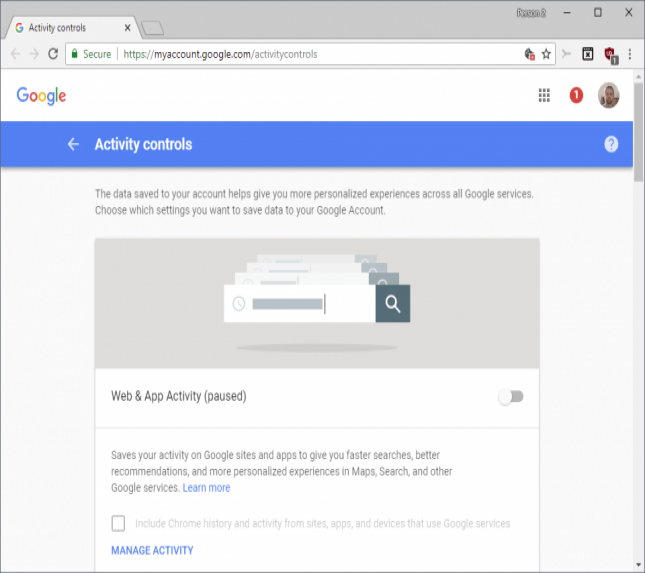Google's Location History tracking is creepier than thought
Research by online magazine Quartz suggests that Android's Location History feature tracks more data than initially thought.
Location History "helps you get better results and recommendations on Google products" according to Google. It may be used to locate a missing phone, get traffic predictions, or recommendations based on places you have visited in the past.
It is an opt-in feature of Android devices that Google integrated into apps like Google Maps, Google Photos, Google Assistant or Google App.
While many Android users are probably aware that enabling the Location History on the device provides Google with location-based data, most probably don't know what Google collects in detail.
Particularly worrying, so the researchers is the fact that every Google app may access Location History data and not only the app the user permits to collect the data.
The analysis

Quartz analyzed three Android devices from different manufacturers, the Google Pixel 2, the Samsung Galaxy S8 and the Moto Z Droid. The researchers created a portable Internet-connected WiFi network designed to pick up any "all of the transmissions that the devices connected to it broadcast and received."
The researchers removed the Sim cards and started to walk around with the devices to get a good sampling of the data that is recorded by the Location History feature.
The following information is transmitted to Google servers at regular intervals if Location History is enabled according to the analysis of the Quartz researchers:
- The type of movement, e.g., walking, biking or driving.
- The barometric pressure.
- Whether the device is connected to a wireless network.
- The MAC address of the connected WiFi network.
- The MAC access, signal strength, and frequency of all nearby wireless access points.
- The MAC address, identifier, type, and two measures of signal strength of every nearby Bluetooth beacon.
- The charge level of the battery and charge status.
- Battery voltage
- GPS coordinates of the device and accuracy information.
- GPS elevation and accuracy.
If Bluetooth is enabled, devices with Location History will pick up other Bluetooth enabled devices and submit the information to Google. This means that even if you have Location History disabled on your device or don't use Android, Google may receive information about your whereabouts.
Use this Google support page to manage or delete the location history, and to turn off the location history on the device.
Now You: Do you have location history turned on or off on your device?
This article was first seen on ComTek's "TekBits" Technology News

- Log in to post comments